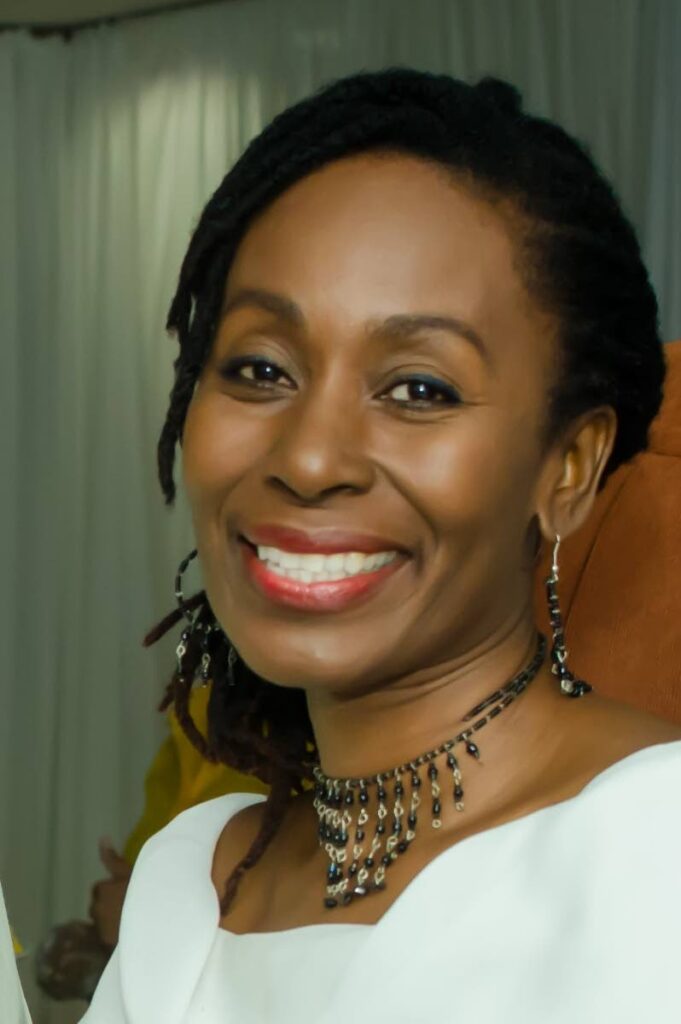Child warrior

Culture Matters
DARA E HEALY
THE VOICES of children are calling out to us, through time and space. Behind every report of abuse is the true story of a child seeking validation and love. Floating through the silence in our society are the spirits of those who abused their power and position of authority to crush innocent voices.
In another video released this week, a little girl fought back, biting and resisting a woman three times her size. The child refused to give up, even as other adults simply looked on at the abuse happening in front of them.
It hurts.
Cruelty is of course part of our collective history. This history has in many ways determined how we engage with each other now. Abusive behaviour has permeated our social interactions for so long, we have normalised negative attitudes and practices.
From another perspective, our talent for relentless teasing is part of our charm. We have the ability to discover humour in even the most traumatic of scenarios. But “all skin teeth is not laugh,” so violence, discrimination, racism and other forms of dysfunction all simmer below the surface of our harmonious nation.
But historical trauma is not the full story of why we take advantage of children and why it has become a generational problem. Yes, they are physically smaller and extremely vulnerable because they are solely dependent on us for survival.
But instinctively, the relationship between a child and mother or family is one of love and protection. We see this in the animal kingdom as well. So how does abusive behaviour enter into the equation? The explanation may be traced to another major factor – parenting.
A startling statistic from the World Health Organization (WHO) notes that, globally, some “three in four children, or 300 million children, aged two-four, regularly suffer physical punishment and/or psychological violence at the hands of parents and caregivers.” WHO also points out that a “child who is abused is more likely to abuse others as an adult so that violence is passed down from one generation to the next.”
In TT, given our rather fluid interpretation of harmless teasing or “picong” and tough love, is it that we do not recognise when we have crossed the line into abuse? Or have we normalised abuse in our families to the extent that we now see such behaviour as part of our culture?
In the 15th century a British cleric declared that “children should be seen and not heard.” Actually, in the old English version it translates to young women in particular who should be quiet and well-behaved. This parenting myth survived across the centuries and even cultures. I certainly recall adults in my grandmother’s generation having this view.
The myth of children knowing their place twisted into increasingly more aggressive rules, all designed to subjugate children and practically deny them their rights as human beings.
Children could be made to work or look after siblings instead of going to school, because of the idea that they must obey and fulfil their duty to the parents. That sense of duty to the parent is another reason why children are subjected to sexual abuse by those closest to them.
Thus, in families where open communication and sharing are not part of the rhythm of the home, when children begin to speak up or hold different opinions they are seen as disrespectful and problematic. We have witnessed this dynamic on countless occasions during our work in schools. As artists, we establish two-way communication or a sharing of ideas based on concepts in the specific play, dance or piece of music.
The fact that the arts create a positive response in the brain is key to understanding why performance-based interventions are successful. However, because the general approach to education is founded on the passing of information from an authority figure to someone inferior (the child or young adult), there is an inevitable breakdown in communication, the adult loses the ability to “control” the child and difficulties arise.
I am glad that little girl fought back, but I am afraid for her. You see, in our society asserting yourself is considered to be the wrong choice. We are taught to be obedient, to suppress our personalities and to conform.
I am not yet finished with these thoughts, so perhaps more on this next week.
In the meantime, I pray that little girl and others will be saved from abuse. Do not let them break her spirit, let her be heard. Our society needs her.
Dara E Healy is a performance artist and founder of the Indigenous Creative Arts Network – ICAN


Comments
"Child warrior"